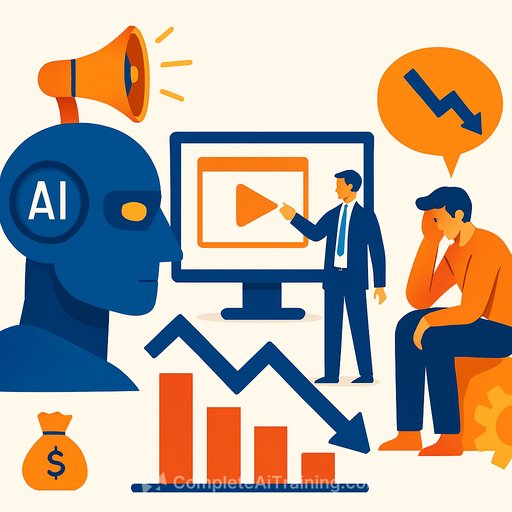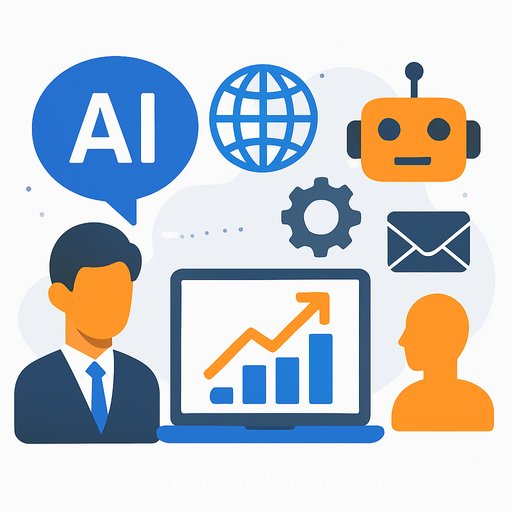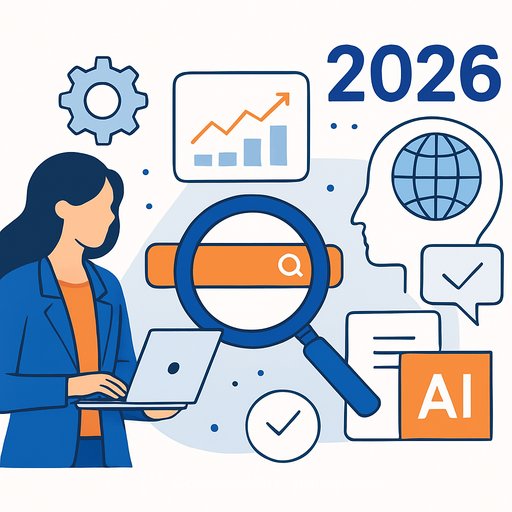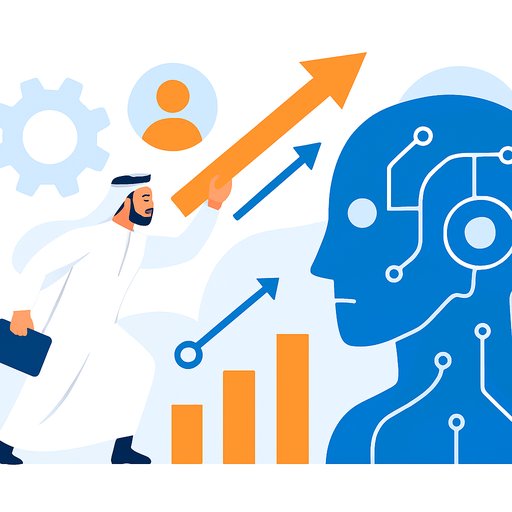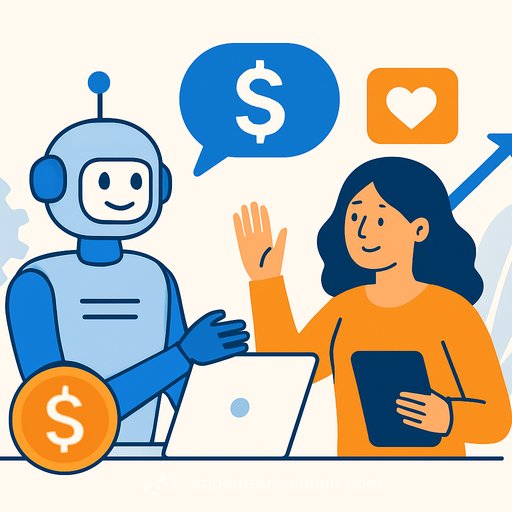AI Disruption in Advertising
Artificial intelligence is shaking up the advertising industry and causing unease among investors. Mark Read, the outgoing CEO of British advertising group WPP, described AI’s impact as a major disruption affecting every sector, including advertising. Generative AI tools are now capable of producing content quickly and efficiently, challenging traditional workflows.
Recent years have seen the rise of AI image generators like OpenAI’s DALL-E, Google’s Veo, and Midjourney, which accelerate creative production. Read noted that AI will make expert knowledge accessible at a very low cost, including skills in law, psychology, radiology, accounting, and crucially, advertising and marketing creativity.
Currently, around 50,000 WPP employees use the company’s own AI-powered marketing platform, WPP Open. Read considers this platform one of his key legacies, showcasing how AI integration is becoming essential in advertising work.
Changing Industry Dynamics
Structural pressures on the creative side of advertising are pushing toward industry consolidation. Companies must adapt to AI’s influence on tasks such as creating briefs, planning media, and optimizing campaigns. According to a Forrester report from June last year, over 60% of U.S. ad agencies already use generative AI, with another 31% exploring potential applications.
French advertising leader Maurice Levy, CEO of Publicis Groupe, also highlighted a significant shift in the industry. AI tools for image and video generation dramatically speed up content creation, while automated messaging enables personalization at a scale never seen before.
The Role of AI as a Tool
Levy emphasized that AI should be viewed as a tool to enhance human work, not replace it. While AI may eliminate some jobs, it is expected to transform existing roles and create new opportunities. This pattern aligns with previous technological advances, like the internet and smartphones.
He expects more autonomous work to emerge, but warns against overlooking the human element in creativity. Nicole Denman Greene, an analyst at Gartner, advises brands to be cautious about how consumers perceive AI’s role in creative processes. A Gartner survey found that 82% of consumers want companies using generative AI to prioritize preserving human jobs, even at the expense of profits.
Greene recommends shifting the focus from what AI can do to what it should do in advertising. According to her, AI’s value lies in generating unique insights, enabling innovative executions, reaching diverse and niche audiences, and delivering personalized experiences that truly stand out.
What Marketers Should Keep in Mind
- AI tools can accelerate content creation but should complement human creativity rather than replace it.
- Embrace AI for tasks like brief creation, media planning, and campaign optimization to improve efficiency.
- Keep consumer trust by being transparent about AI’s role and prioritizing human jobs.
- Use AI to deliver more personalized and relevant marketing experiences.
For marketers interested in expanding their AI skills and understanding practical applications, Complete AI Training offers courses designed to help professionals integrate AI into their workflows effectively.
Your membership also unlocks:

